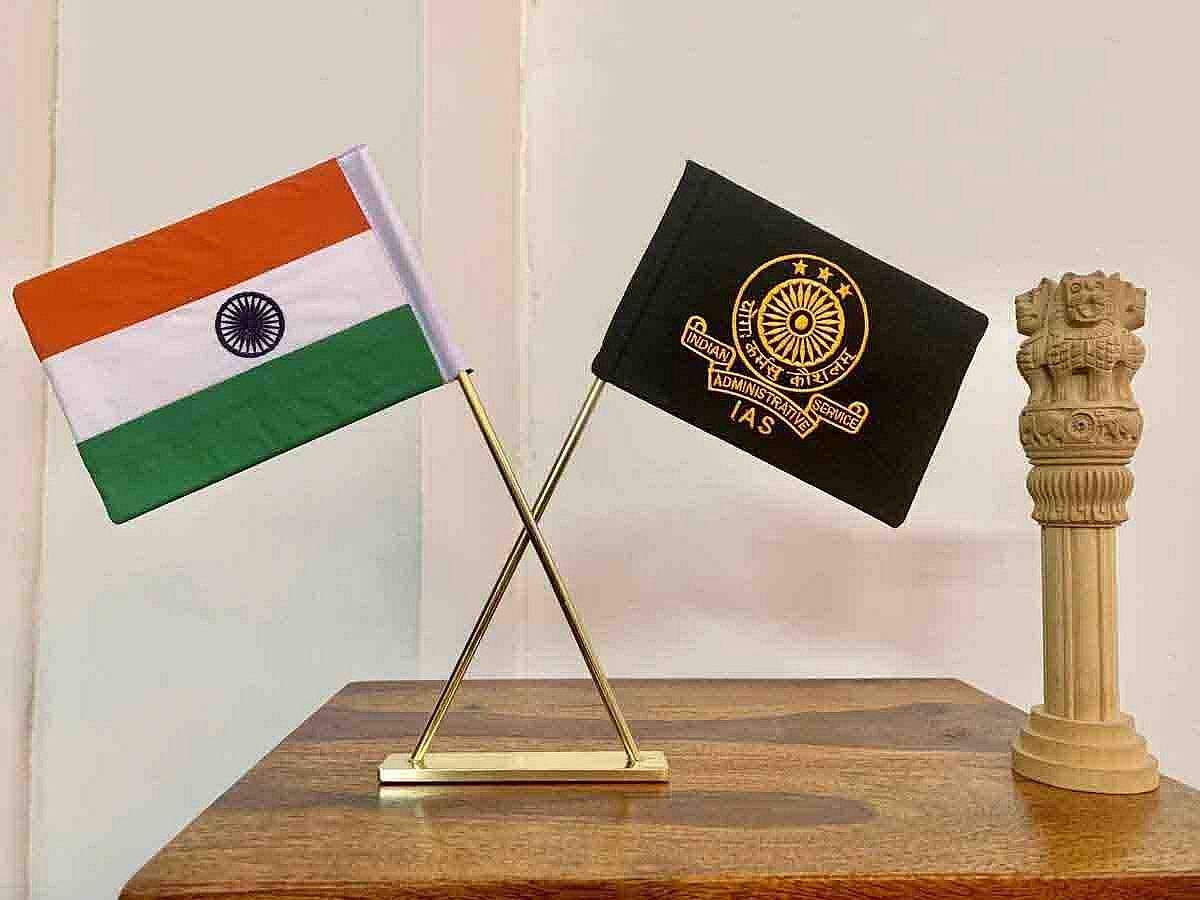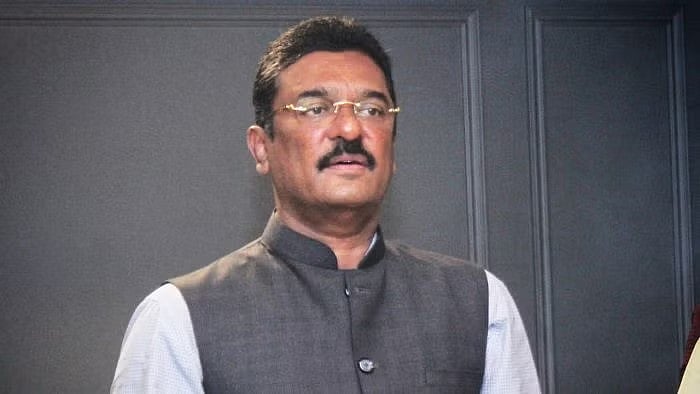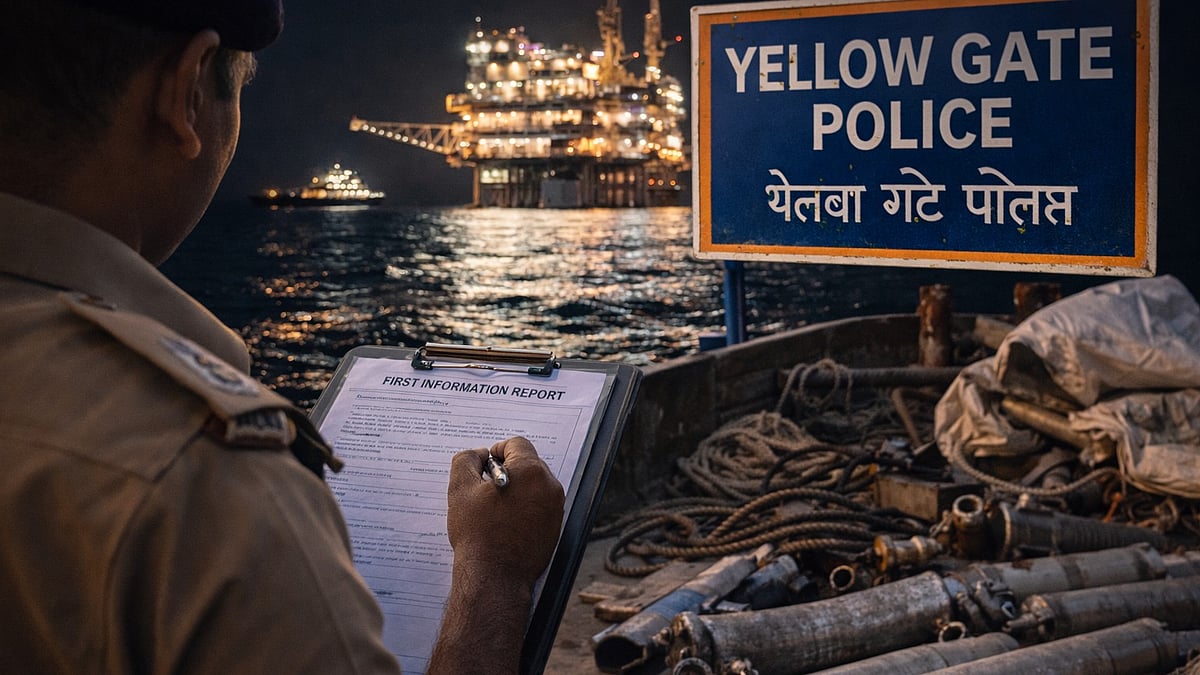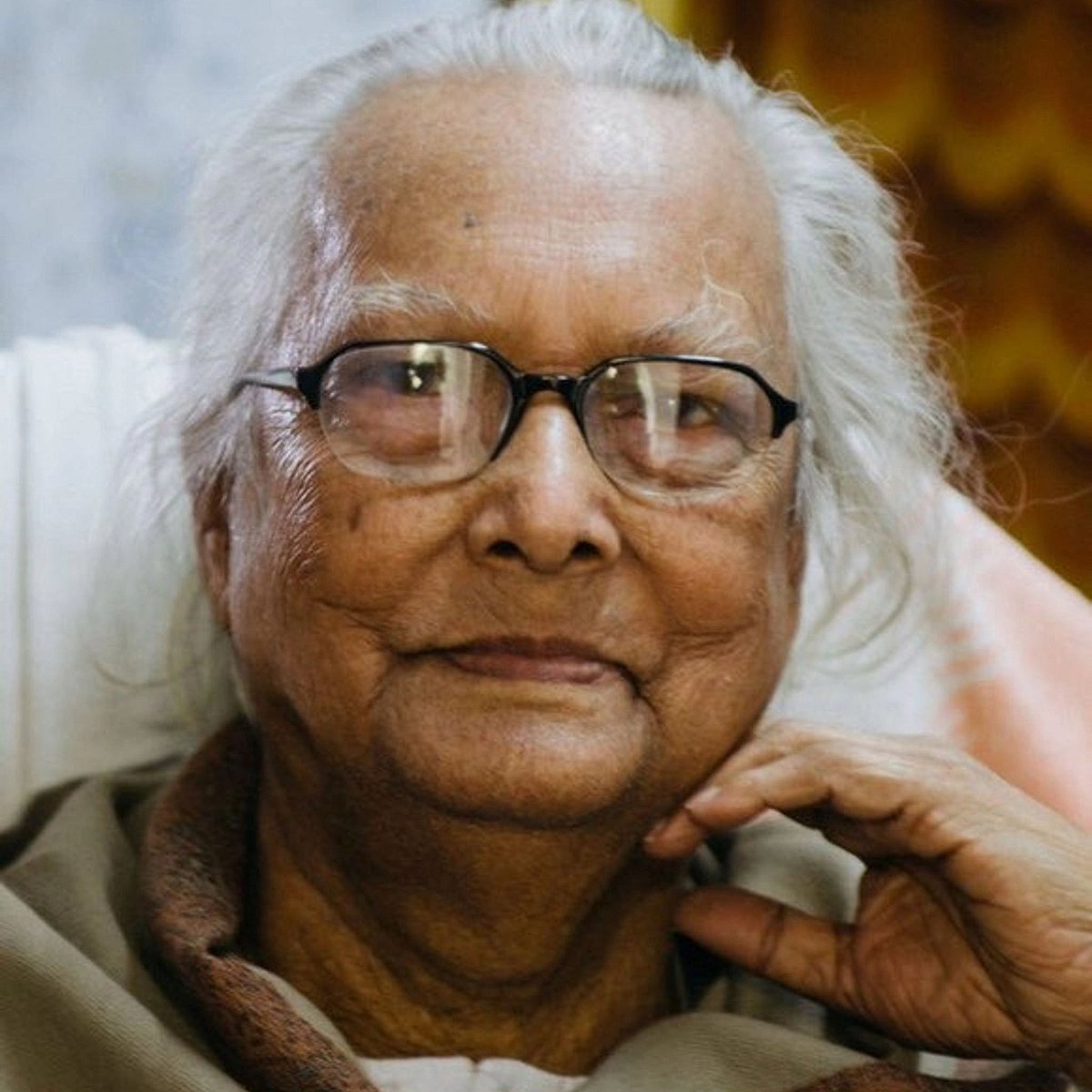On January 21, that is three days before states respond to the Centre’s proposed amendment to the IAS cadre rules, West Bengal Chief Minister Mamata Banerjee had once again upped the ante. In a fresh letter to Prime Minister Narendra Modi, Mamata had sought his intervention and asked for the proposed changes to be repealed.
The proposed amendment to the IAS (Cadre) Rules, 1954, would allow the Centre to post IAS officers on central deputation, bypassing the state government’s concern. Mamata, moreover, claimed that the move was more draconian and in her two-page letter said its “very grain is against the foundations of our great federal polity.”
“How can the Centre play with our federal structure? How can it overrule the opinion and rights of duly elected state governments? The Centre should not do this.” Mamata said.
The Department of Personnel and Training (DoPT) had written to the states on January 12 stating that the Union government proposes to amend Rule 6 (deputation of cadre officers) of the Indian Administrative Service (Cadre) Rules 1954. At least six state governments, including West Bengal, Rajasthan, Kerala and Tamil Nadu have written to the DoPT opposing any such move.
These proposed amendments to the IAS (Cadre) Rules would allow the Union government larger control over the deputation of IAS officials. While the DoPT says the amendments seek to overcome the shortage of IAS officers in the Union government, the proposed new rules will also take away the power of states to veto New Delhi’s plea for officers.
Currently, states can exercise their veto on IAS or IPS officer’s Central deputation, or issue an objection or no objection notice as the case is. The proposed amendment would take this power away.
What is the present deputation rule?
According to Rule-6 (1) of the IAS (Cadre) Rules-1954, “a cadre officer may, with the concurrence of the State Governments concerned and the Central Government, be deputed for service under the Central Government or another State Government or under a company, association or body of individuals, whether incorporated or not, which is wholly or substantially owned or controlled by the Central Government or by another State Government.”
The rule further provides in case of a disagreement between the Centre and the states that “the matter shall be decided by the Central Government and the State Government or State Governments concerned shall give effect to the decision” of the Centre.
What are the proposed amendments?
This proposal comes as various state/joint cadres were found to be not sponsoring an adequate number of Indian Administrative Service (IAS) officers as part of the central deputation reserve even though the personnel ministry had flagged the issue several times.
In its amendment, the Centre has proposed to insert a provision in Rule 6 of IAS (Cadre) Rules, 1954, which stated that any IAS officer could be posted on central deputation with the concurrence of the state government concerned.
The Centre has proposed to keep this part of the rule intact, but to add: “Provided that each State Government shall make available for deputation to the Central Government, such number of eligible officers of various levels to the extent of the Central Deputation Reserve prescribed under Regulations referred to in Rule 4 (1), adjusted proportionately by the number of officers available with the State Government concerned vis-a-vis the total authorised strength of the State Cadre at a given point of time.”
“The actual number of officers to be deputed to the central government shall be decided by the Centre in consultation with the state government concerned,” it added. Incidentally, the Centre, in its proposal to amend the IAS Cadre (Rules), has recently asked the state governments to send lists of IAS officers for central deputation.
It may be recalled that in the latest examples from West Bengal, the Centre had asked Alapan Bandyopadhyay, an IAS officer from the 1987 batch, to report to the Centre on the day of his retirement. Neither did he report to the Centre, nor did Banerjee relieve him of his duties. He is now retired and serves as Chief Advisor to CM Banerjee.
Also after BJP’S National President, J P Nadda’s motorcade was attacked allegedly by TMC supporters in Kolkata during the run-up to the 2021 Assembly polls, the Centre asked three IPS officers responsible for his security to be sent to central deputation, but the state refused.





